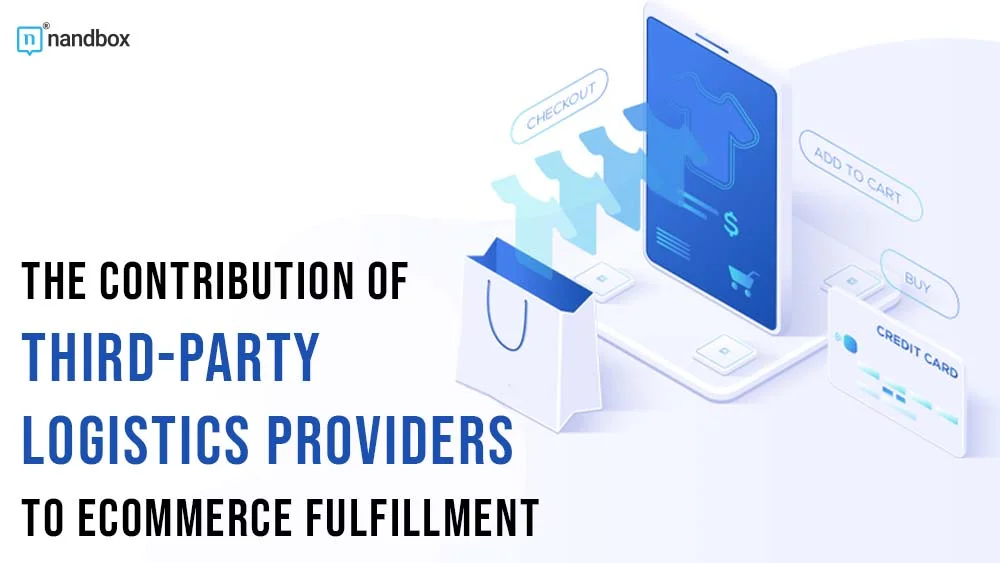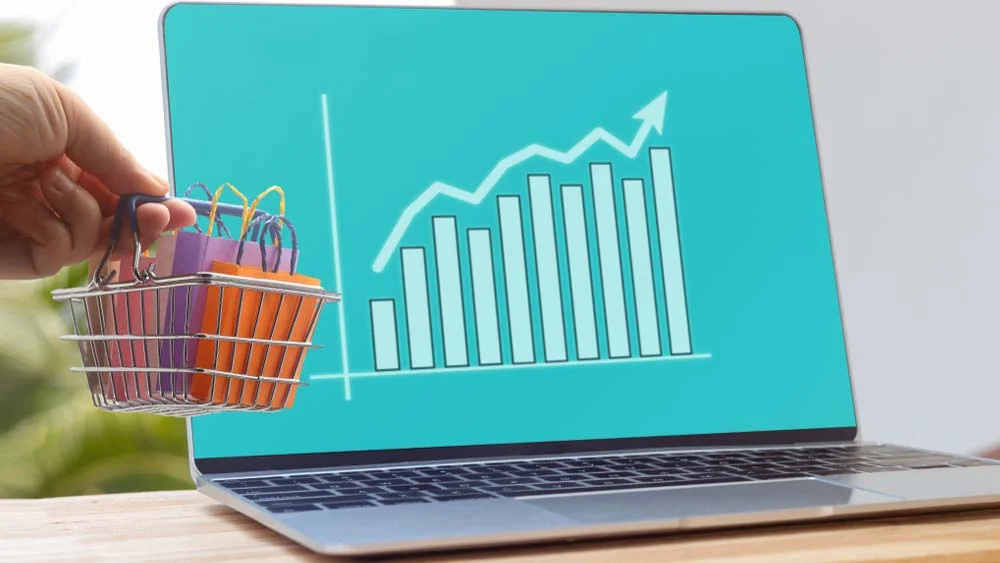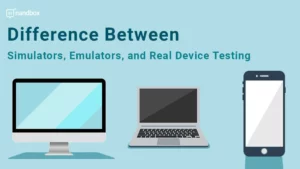The Role of Third-Party Logistics Providers in Ecommerce Fulfillment
In the ever-evolving landscape of ecommerce, the demand for efficient and scalable logistics solutions has become paramount. Additionally, with the rapid growth of online shopping, businesses are increasingly turning to specialized providers to streamline their fulfillment processes. Third-party logistics providers, or 3PLs, have emerged as critical partners in this sector by offering a breadth of services that facilitate the seamless distribution of goods to consumers worldwide. This article answers the question of what is the role of third party logistics providers in Ecommerce fulfillment.
Understanding The Functionality Of 3PLs
The Roles Of Third-Party Logistics Providers In Ecommerce Fulfillment
In the dynamic world of ecommerce, third-party logistics providers (3PLs) are pivotal in managing the complexities of fulfillment. These providers streamline operations by handling storage, distribution, and shipment, allowing businesses to focus on growth and customer engagement.
Below are the roles of third-party logistics providers in ecommerce fulfillment:
Offers A Positive Impact On Ecommerce Growth
The involvement of 3PLs in ecommerce logistics has a direct correlation with the ability of businesses to grow and expand their market reach. By leveraging the expertise and resources of 3PLs, ecommerce companies can focus more on product development, marketing, and customer engagement. This division of labor allows for the scaling of operations that might otherwise be unmanageable for ecommerce firms, particularly small to medium-sized enterprises that don’t possess extensive logistics networks.
Furthermore, 3PLs can bring to the table advanced technology systems for inventory and order management, which ensure accuracy and speed in order fulfillment. This technological edge is crucial in an era where consumers expect quick deliveries and excellent service.
Enhances Customer Satisfaction
One of the foremost benefits of using third-party logistics providers (3PLs) in ecommerce is the notable enhancement in customer service, which is crucial for maintaining competitive advantage. The ability of 3PLs to manage and execute swift and reliable deliveries stands as a cornerstone of customer satisfaction within the online shopping industry. These providers specialize in distribution efficiency by ensuring that delivery timelines are met and are faster than expected. This punctuality is pivotal in fostering customer satisfaction and building brand loyalty.
In addition to speedy deliveries, 3PLs provide comprehensive return management systems that are integral to a positive customer experience. Efficiently managing returns is essential, as it significantly influences a customer’s decision to engage with a brand again. The benefits of robust return management include:
- Streamlined return processes, reducing customer hassle
- Quicker turnaround times for processing returns
- Enhanced trust through transparent return policies
- Improved customer communication and support during returns.
Such systematic and customer-centric approaches in handling returns and deliveries amplify the likelihood of repeat purchases This can enhance the overall brand reputation and customer loyalty.
Offers Geographic Expansion and International Logistics
Third-party logistics providers (3PLs) are instrumental in facilitating the geographic expansion of ecommerce businesses. Also, by leveraging a network of warehouses and distribution centers strategically located around the globe, 3PLs enable businesses to reach an international customer base more efficiently and cost-effectively. Also, this logistical support is particularly valuable for ecommerce platforms seeking to penetrate new international markets, where the intricacies of logistics can pose significant barriers.
The advantages of utilizing 3PLs for geographic expansion include:
- Access to Established Networks: 3PLs offer access to extensive logistics networks, which can reduce the need for ecommerce businesses to invest in their own infrastructure.
- Speed to Market: With logistics hubs already in place, products can be delivered faster to distant markets, enhancing customer satisfaction.
- Reduced Shipping Costs: Economies of scale in logistics can lead to lower shipping costs, which make products more competitively priced in new markets.
- Localized Expertise: 3PLs often have local knowledge and experience, which can be crucial in navigating market-specific challenges.
In addition to these benefits, 3PLs possess a deep understanding of the complexities involved in international logistics. This includes managing customs processes, adhering to diverse tariffs, and complying with varied international shipping regulations.
Such expertise is critical, as it helps ecommerce businesses navigate the bureaucratic intricacies that differ from one country to another. This capability minimizes the risk of costly delays and legal complications and ensures smooth and compliant operation across borders.
Challenges And Considerations
While third-party logistics providers (3PLs) offer substantial benefits to ecommerce operations, partnering with them involves several challenges that businesses must navigate carefully. A primary concern is choosing a reliable 3PL partner—a decision that can significantly impact the success of a business’s logistics strategy.
To ensure the selection of an appropriate 3PL, businesses must engage in comprehensive due diligence, focusing on several key areas:
- Service Quality: Assess historical performance, client testimonials, and service consistency.
- Technological Capability: Evaluate the 3PL’s use of technology, including automation and data analytics capabilities.
- Scalability: Ensure the 3PL can handle growth and varying demand without compromising service quality.
Moreover, the financial implications of outsourcing logistics are substantial and warrant careful consideration. While 3PLs can potentially reduce overhead costs associated with warehousing and distribution, the financial benefits must be clearly advantageous. Some essential considerations include:
- Cost-Benefit Analysis: Determine whether the cost savings in logistics operations outweigh the fees paid to the 3PL.
- Contract Clarity: Ensure that contractual agreements are meticulously drafted to specify services, responsibilities, and costs, which helps prevent future disputes.
Businesses must also consider the potential risks of dependency on external providers for critical operations. This reliance on 3PLs can pose operational risks if the provider fails to meet performance expectations or encounters disruptions.
Therefore, maintaining a clear and open communication channel, setting mutual expectations, and regularly reviewing partnership performance are crucial steps to mitigate these risks and ensure a fruitful collaboration with a 3PL.
Conclusion
Third-party logistics providers have become indispensable in the world of ecommerce fulfillment. By outsourcing logistics to 3PLs, ecommerce businesses can achieve higher efficiency, expand their reach, enhance customer satisfaction, and ultimately, drive growth. As ecommerce continues to flourish, the role of 3PLs is likely to become even more critical, making the choice of logistics partner a key strategic decision for any online retailer.







